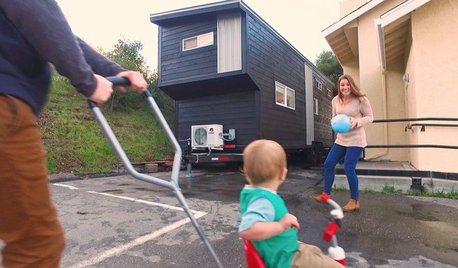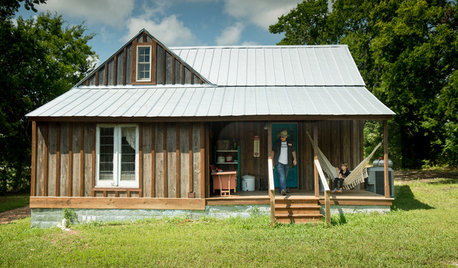Does anyone in your family have autism?
perennialfan275
6 months ago
Featured Answer
Sort by:Oldest
Comments (18)
carolb_w_fl_coastal_9b
6 months agolast modified: 6 months agonicole___
6 months agobpath
6 months agoarcy_gw
6 months agonhbaskets
6 months agolast modified: 6 months agorob333 (zone 7b)
6 months agolast modified: 6 months agowoodrose
6 months agoeld6161
6 months agolast modified: 6 months agoyeonassky
6 months agolast modified: 6 months agoZalco/bring back Sophie!
6 months agochinacatpeekin
6 months agolast modified: 6 months agoToronto Veterinarian
6 months agoZalco/bring back Sophie!
6 months agoeld6161
6 months agochinacatpeekin
6 months agocarolb_w_fl_coastal_9b
6 months agolast modified: 6 months agoterilyn
6 months ago
Related Stories

DECORATING GUIDESThe Cure for Houzz Envy: Family Room Touches Anyone Can Do
Easy and cheap fixes that will help your space look more polished and be more comfortable
Full Story
INSIDE HOUZZHow Much Does a Remodel Cost, and How Long Does It Take?
The 2016 Houzz & Home survey asked 120,000 Houzzers about their renovation projects. Here’s what they said
Full Story
PATIOSPatio Details: Covered Dining Area Extends a Family’s Living Space
Large sliding glass doors connect a pergola-covered terrace with a kitchen and great room in Seattle
Full Story
DECORATING GUIDESHow to Focus Your Family Room on Family
Reclaim your room from screens and headphones with these ideas for fostering family togetherness
Full Story
KITCHEN ISLANDSPlan Your Kitchen Island Seating to Suit Your Family’s Needs
In the debate over how to make this feature more functional, consider more than one side
Full Story
THE HARDWORKING HOMEA Hidden Charging Cabinet Corrals and Juices Family’s Electronics
The Hardworking Home: Laptops, phones and tablets now have a safe space in this kitchen, keeping the countertops uncluttered
Full Story
HOUZZ TOURSHouzz TV: A Tiny-House Family’s Big Adventure
A California couple and their toddler son let go of stuff in favor of living lightly and flexibly in 327 square feet
Full Story
FARMHOUSESMy Houzz: Eclectic Vintage Charm in a Family’s Texas Farmhouse
See how this family of 3 created a Wi-Fi- and TV-free weekend home that has a country music theme
Full Story
ECLECTIC HOMESHouzz Tour: Family-Friendly Apartment in a Converted School
A reconfigured London home goes from cool couple’s hangout to fun family home
Full Story
KITCHEN DESIGN10 Design Tips for Planning a Family Kitchen
Find out how to create a friendly, functional kitchen that meets the needs of a family with children
Full StorySponsored
Columbus Design-Build, Kitchen & Bath Remodeling, Historic Renovations
More Discussions







SEA SEA